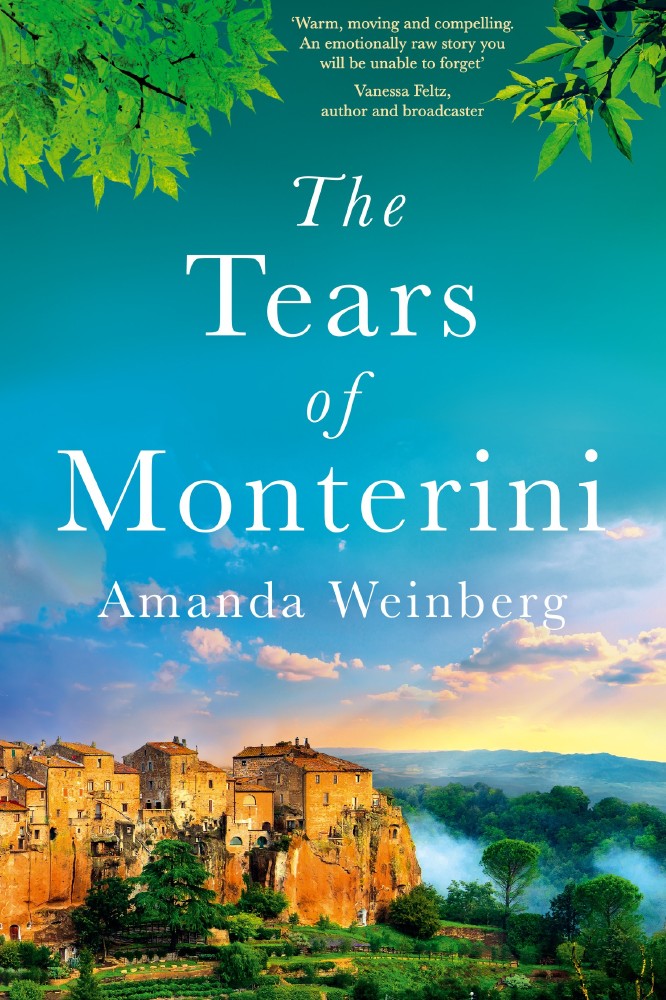author of The Tears of Monterini, RedDoor Press, 6th August 2020

The Tears of Monterini
Writing can be a lonely past time. Hours spent at a desk immersed in one’s head; inventing, thinking, watching the pen move across the page or the fingers clicking the keys of a computer. Writing means being alone with your thoughts and ideas. To invent you need space and silence.
What better time you’d think, than lockdown? The perfect enforced environment for a writer to no longer have excuses and to knuckle down to the task of being alone with one’s journey on the page.
But not for me. My writing practice, the works I had been spending time crafting and editing, were shoved to the dark recesses of my computer. Instead the novel I had been working on for 12 years, my labour of love which had been crafted, recrafted, adored by an agent, sent to various publishing houses and systematically rejected, was finally accepted by a small indie publishing company. Finally! This wonderful news meant spending lockdown proofing, reproofing, editing, reediting countless of times.
There is something about this process that I find punishing. I would hear other writers wax lyrical about the benefits of lockdown; how this enforced seclusion had given them time to really lock themselves away. Who wasn’t locked away anyway? We were all recluses of some sort. I listened to their sighs of satisfaction with envy, a covetous desire to chuck away my manuscript and the tedious task of proofing every word, checking for mistakes that the editor and copy writer may have missed. I complained to my long suffering publisher about how much I hated this part of the process. And to top it all, I then had to help gain followers by tweeting, instagramming, Facebooking and linked-inning. A task I was none too familiar with. I faced every day with dread, and I couldn’t even pop out to my local coffee bar for a much-needed cappuccino!
This was my lockdown and at times I longed to be lost in the pages of my newer characters, my sweeter stories, in the rewards and satisfaction inventing and playing with words brought me. Yet I also knew to complete the task of launching a novel in all its glory I had to concentrate on this book alone. To be complaining about what I had dreamt of for years felt offensive when the vulnerable and elderly were forced to stay at home, people were furloughed, and young adults were faced with an inconceivable new world. So, I decided to change my attitude and do something to help others. As Sophocles said, “To be doing good deeds is man’s most glorious task,” and for many years neuroscientists have insisted that an altruistic act brings personal growth, a sense of wellbeing, a reduction in stress and depression.
I signed up to several organisations and quickly discovered the benefits of volunteering. As a “Befriender” I was assigned two new “friends”. Popping to the chemist for prescriptions and dropping round food and water was not a chore but a huge pleasure and privilege. Befrienders are a lifeline to those without family who are shielding and vulnerable. Being part of that lifeline gave me a sense of purpose during the weeks of lockdown and nourished me with renewed strength to complete my writing process with grace and calm.

